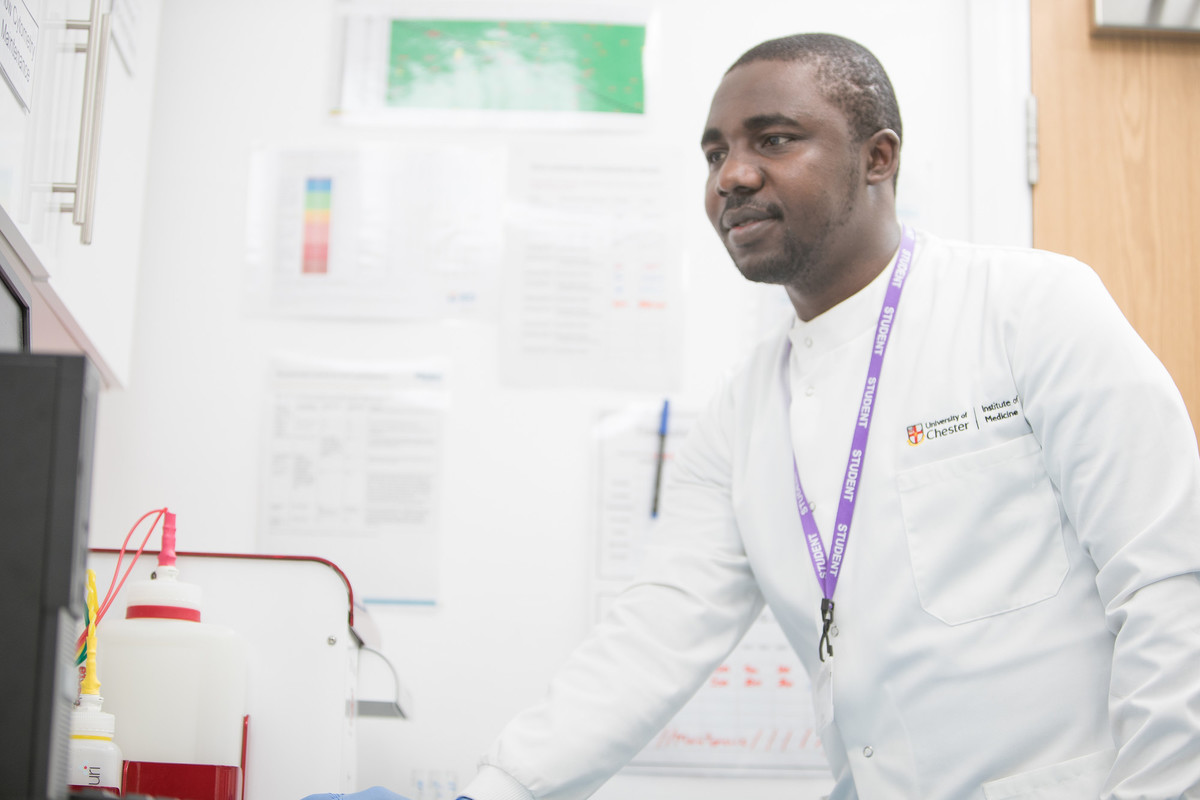Research in biotechnology offers new solutions for the many medical, veterinary, agricultural and environmental challenges that humankind faces in the 21st century.
This course will focus on developing your laboratory-based research skills in a biotechnological area of your choice, while equipping you for a future academic or industry-based career. Our lecturers have specialist knowledge and research experience in environmental, microbial, plant and animal (including human) biotechnology, and you will also be taught by visiting lecturers who are leaders in their respective fields.
You will take six taught but research-focused modules that aim to equip you with key theoretical and practical skills, and introduce you to examples of current and future applications of biotechnology. You will then select a laboratory-based research topic that interests you with a supervisor of your choice. In certain cases this may involve collaboration with industrial partners.
The emphasis in the course will be on applied biotechnology and problem-solving and will therefore involve the development of key skills that are in demand in the biotechnology sector. Consequently, upon successful completion of the course, you will not only be equipped for a future career in academic research but also in various biotechnology industries.
There is an option to choose a Project/Placement year for this course, at an additional cost.








